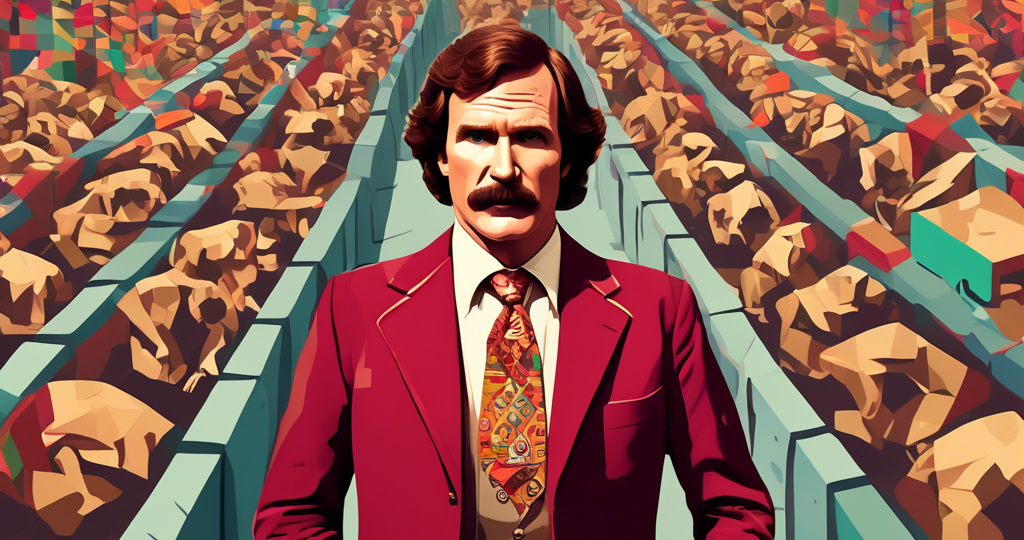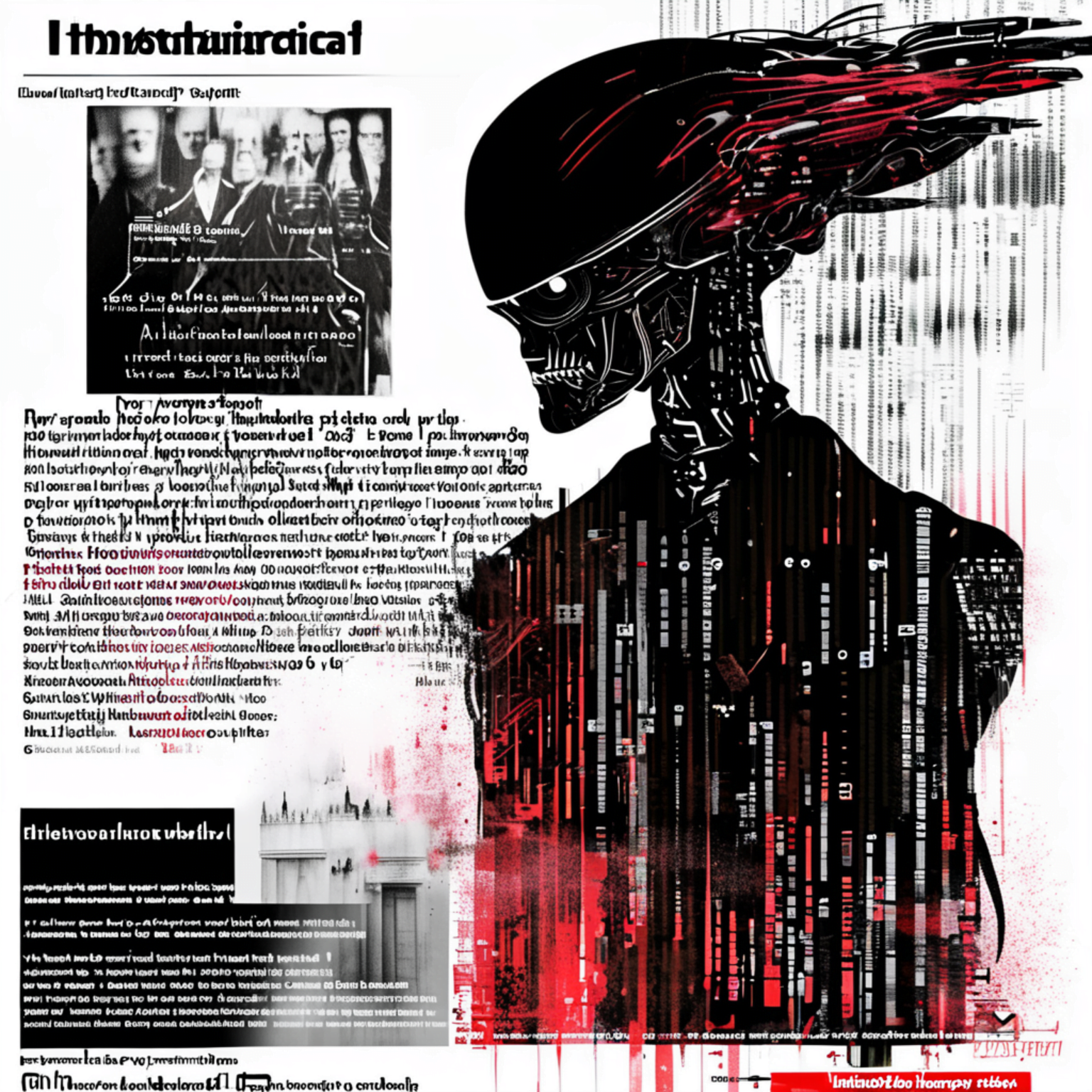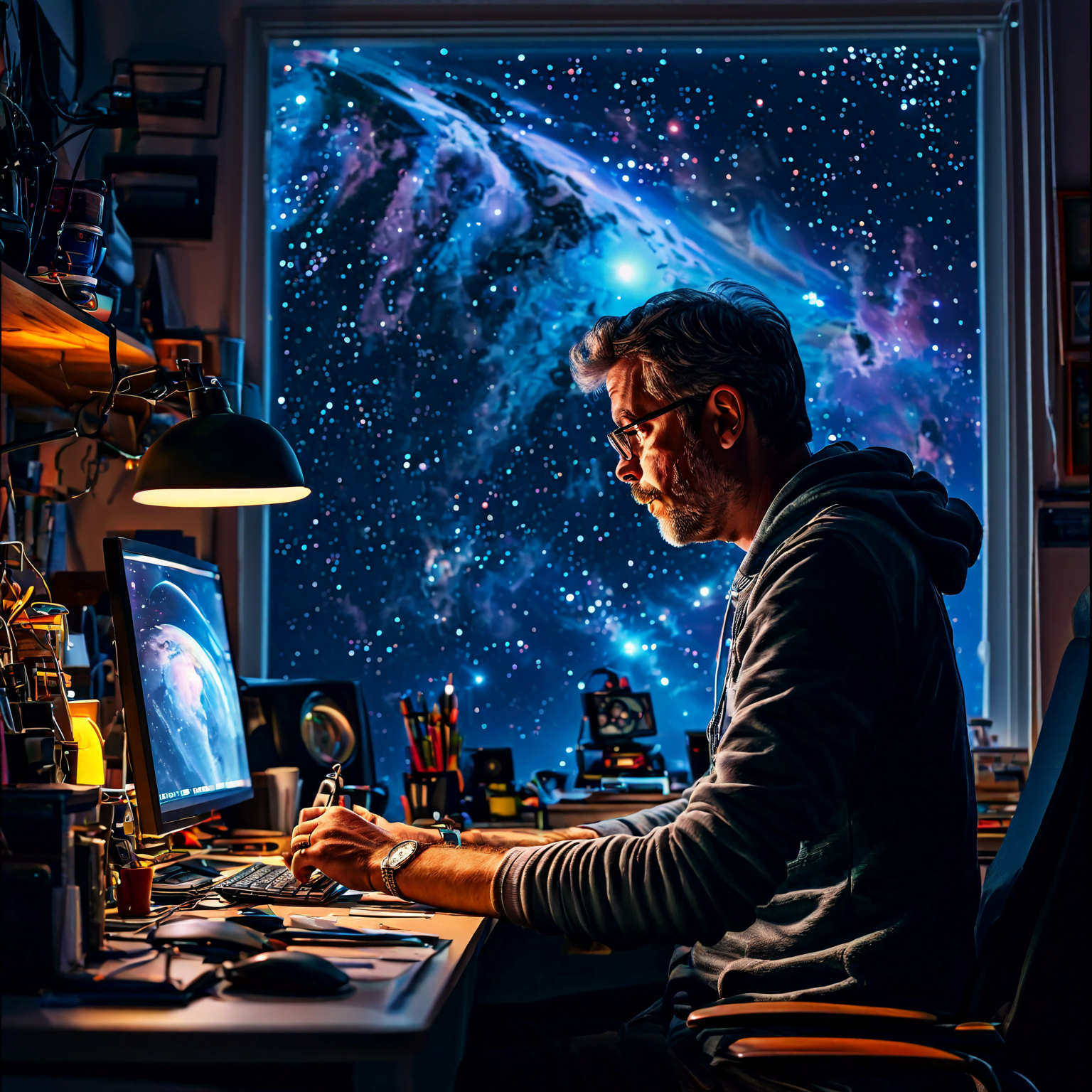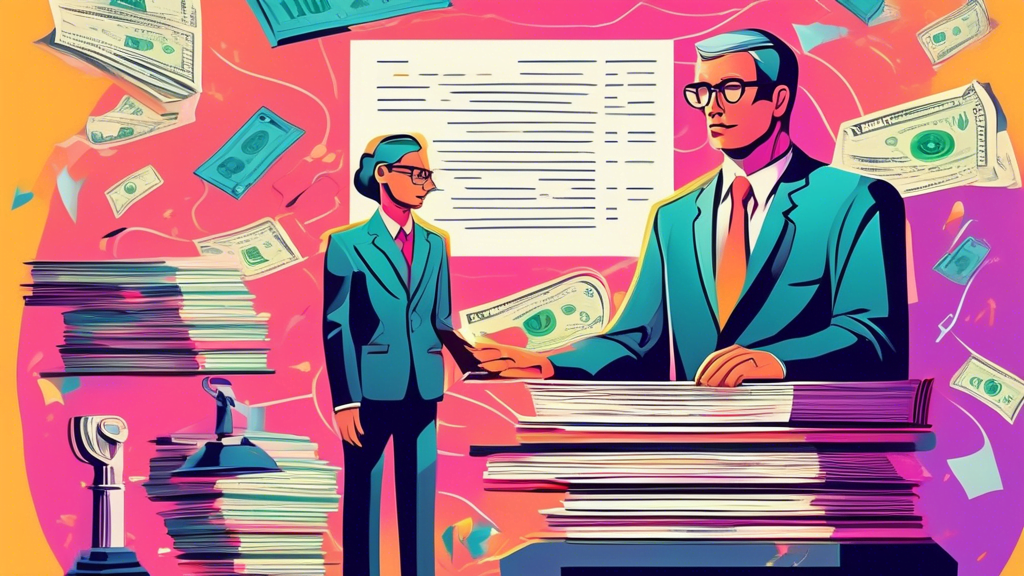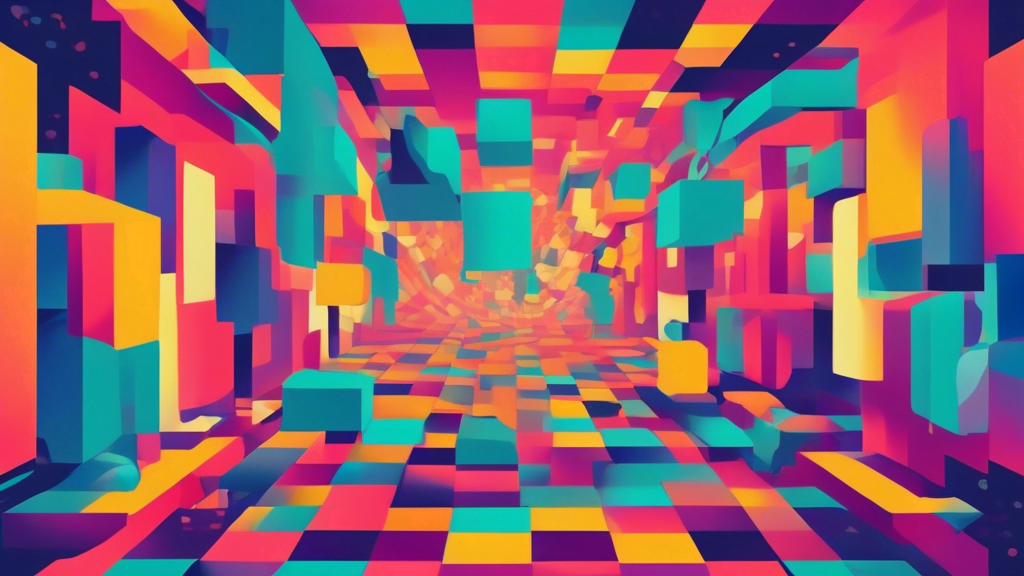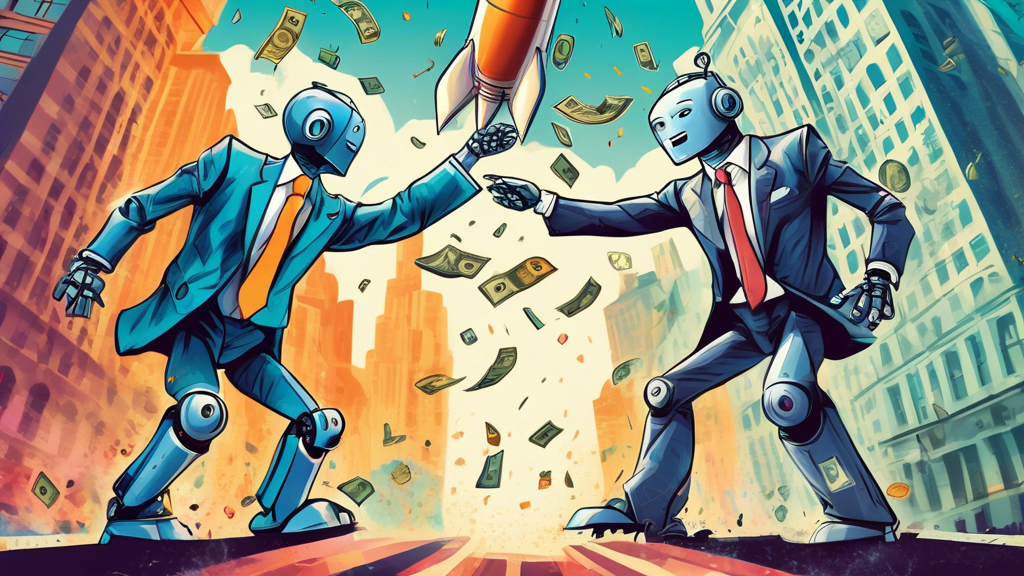AI and the Distortion of Holocaust History
Greetings, citizens of the digital world! I’m Ron Super Scribe Burgundy, your legendary anchorman turned comic book hero, here to tackle one of the most pressing issues of our time—with the flair and charisma you’ve come to expect. Buckle up, because this isn’t your run-of-the-mill news report. We’re diving into the murky waters where artificial intelligence and Holocaust history collide. Let’s get this show on the road!
Google’s New AI Search Feature
First up, Google has rolled out a new AI search feature that’s raising more eyebrows than a cat at a dog show. Concerns have naturally arisen about its impact on sensitive topics, like the Holocaust. Not only that, but UNESCO has sounded the alarm! They’re worried that AI and deepfake technology might soon be spreading more fake news than your Uncle Bob after too many drinks at Thanksgiving.
The Dangers of AI Distortions
Generative AI systems can indeed absorb and amplify societal biases—much like a sponge soaking up the world’s nastiness. This poses a serious risk for the accurate portrayal of the Holocaust. Let’s face it, the internet is a breeding ground for misinformation, and AI could potentially gobble up more disinformation about the Holocaust than a kid in a candy store. The risk of Holocaust denial and distorted historical facts could give antisemitism an unwanted boost and diminish public understanding of this pivotal event.
Even more terrifying is the rise of deepfake technology. Imagine AI-generated images and videos so realistic, they make you question everything you know about history. It’s like a bad science fiction movie come to life! And let’s not forget, oversimplification is also on the menu. AI models might focus too much on iconic moments, completely missing the intricate details that are vital for a comprehensive understanding of the Holocaust.
Ethics and Education: The Guardians of History
But wait, there’s more! AI systems can hallucinate—yes, you heard me right. When they lack sufficient data, they can cook up imaginary events, personalities, and phenomena. That’s like basing your World War II knowledge on a Marvel movie. According to UNESCO, ethical principles are desperately needed to mitigate these cyber-nonsense shenanigans.
Lastly, UNESCO underscores the importance of digital literacy and critical thinking in education. Kids today need more than just a smartphone; they need the skills to separate fact from fiction. In 2021, UNESCO’s Member States adopted the Recommendation on the Ethics of AI, taking one giant leap for AI-kind. This recommendation aims to ensure that AI isn’t just tossed into the digital abyss but is developed and used responsibly—especially in the context of sensitive historical events like the Holocaust.
Conclusion
And there you have it, folks! The potential impact of AI on Holocaust history is as complex and multifaceted as your favorite superhero. Until next time, remember to stay informed, stay vigilant, and always question what you see online. This is Ron Super Scribe Burgundy, signing off.
